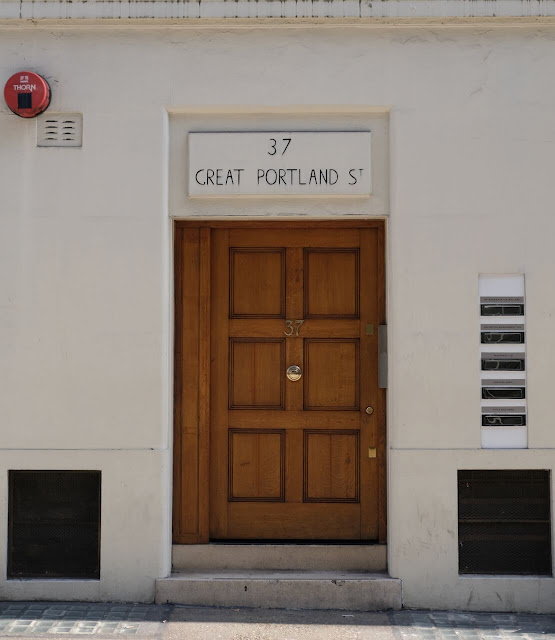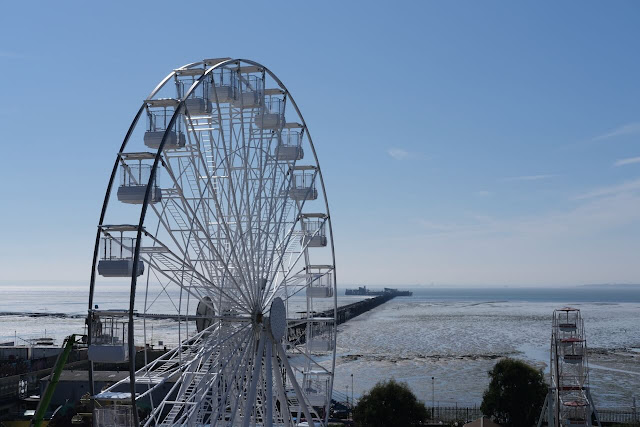That's effectively what the National Endowment for the Arts did back in the 1970's when it decided that jazz was America's Classical Music, and started handing out grants and awards. Stanley Crouch and Wynton Marsalis locked the NEA into a definition of jazz as a) swing, b) blues, c) improvisation, d) in a pre-1965 style. Here's the list of NEA Jazz Master Fellows since it started https://en.wikipedia.org/wiki/NEA_Jazz_Masters. All great players, all started before 1965, which includes Ornette Coleman, Sun Ra and Cecil Taylor, who are avant-garde. Nope, there aren't many white names on the list, but then that's probably statistically representative of jazz musicians.
So maybe jazz is whatever the NEA says it is, and they have the money and publicity to prove it. In the same way the teachers at Berklee, Juilliard and all the other jazz schools get to say what jazz is, because they set the syllabus and award the credentials for a "degree in jazz". Both institutions adopt the Crouch-Marsalis definition.
Never argue with institutional doctrine: nobody is going to give up their income and status over a point of logic or a matter of fact. Change the subject: hit 'em where they ain't.
Let's do that. Because the heck with institutions.
For Adam Neely, well-trained graduate of Berklee, jazz is a well-defined cultural practice, gate-kept by academics, the NEA, and some music industry figures. For Andy Edwards, West Midlands drumming legend and epic You Tube ranter, jazz is about creativity and technical accomplishment in the service of freedom and experiment. Which is why he fights for the word.
Sir Karl Popper told us not to fight over words. Fight for your right to party, but not over whether to call it a party.
The party is individual improvisation while playing as a member of a band, within self-imposed limits that might be about chord progressions, modal changes, tunes, or the style of a genre. That genre might be the Blues, Hard Bop, Be Bop, Cool, Modal, Time No Changes, Flamenco, or whatever else (even ghastly chord-scale).
It's about developing your own voice, and being able to find others whose voices fit with yours; it's about producing music that (some) people appreciate and want to hear, without turning into a hack. The material doesn't need to be original, but the expression needs to be sincere: a tribute band can do this, if they love the music they are playing.
Between (about) 1930 and (about) 1966, nobody partied as hard as a handful of men who gave us some of the most sublime, hip, and swing-ing-est music ever played. From Louis Armstrong through Lester Young and Charlie Parker to Miles Davis, Gerry Mulligan, John Coltrane and Charles Mingus, to name a few. It was the chosen music of the misfit, the hip, and people who wanted to stay up late drinking. It was a fabulous moment, but it passed, as all fabulous moments must do. And we have it on record.
Does it matter what "jazz" is? If you're after that sweet NEA moolah, or the recognition of a bunch of old guys and academics, or playing at venues or for records labels which are snobby about these things, then yes. Otherwise NO, it does not. If you're a professional musician, what matters is making money and enjoying what you're being paid to do. If you're an amateur, what matters is that you can have a good time playing with some people who aren't totally weird. And if you're a, uh, home musician, what matters is that you get out of playing whatever it is you want to get out of it.



























